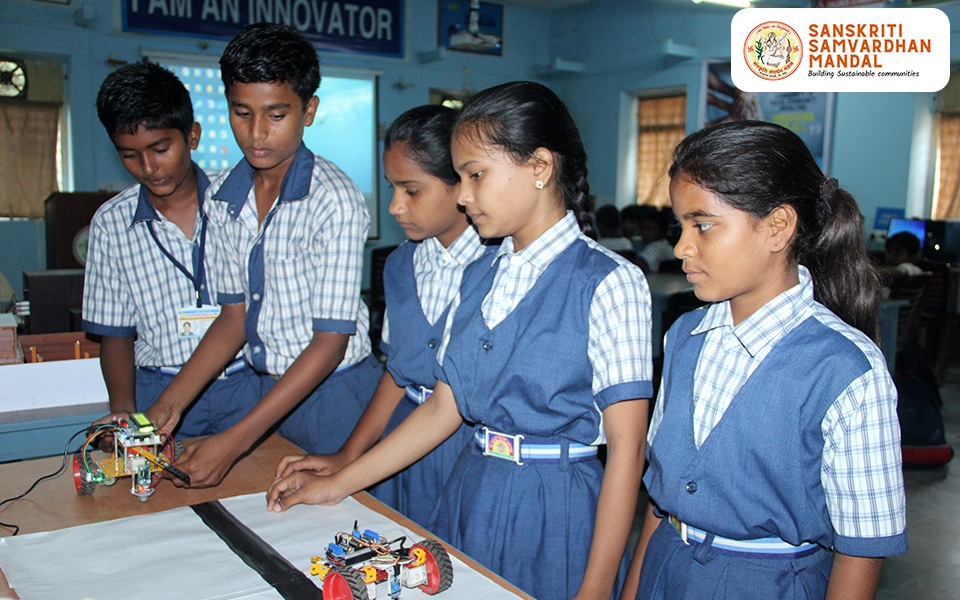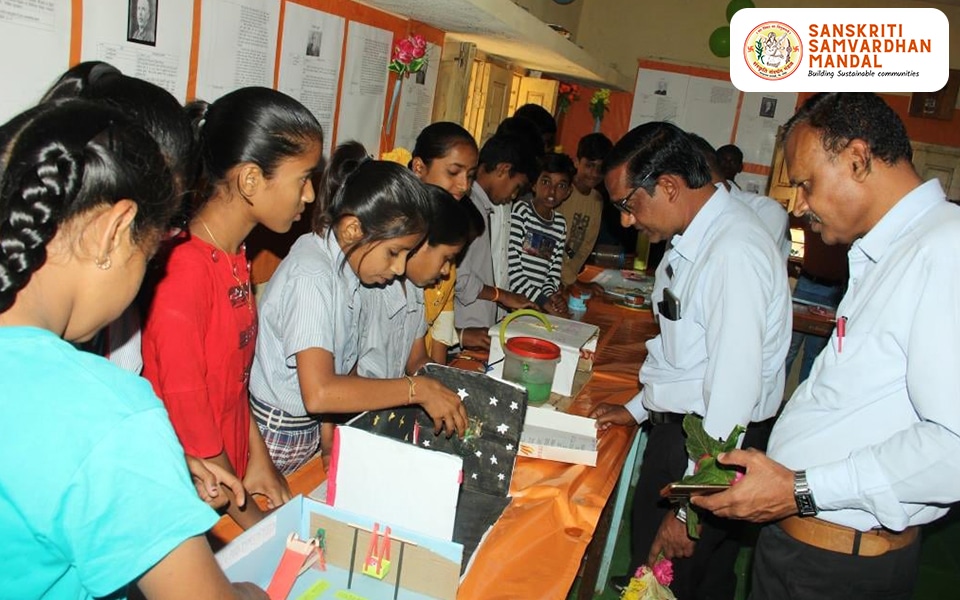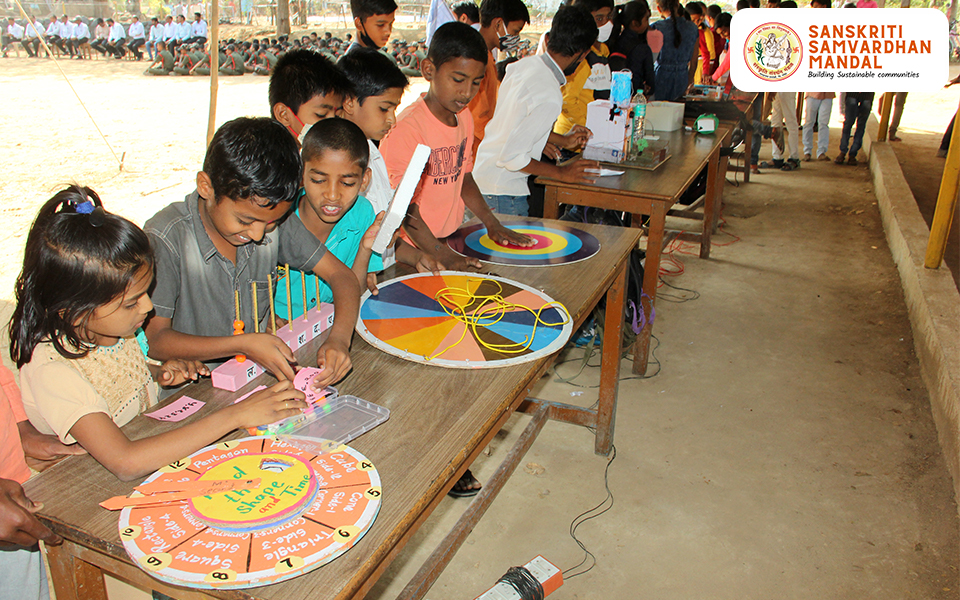Rural Education Challenges: Strategies to Improve Quality Education in Remote Areas
Rural schooling is an essential part of a rustic’s generally instructive scene. In any case, it faces a novel arrangement of difficulties that frequently obstruct the conveyance of value training in far-off regions. This article investigates the diverse problems provincial schooling systems experience and proposes procedures to improve instructive results in these underserved districts.

Challenges in Rural Education
- Inadequate Infrastructure: Numerous rural schools come up short on a foundation like homerooms, power, and clean drinking water, making it one of the prominent Rural education challenges for students to learn in a favorable climate.
- Shortage of Qualified Teachers: Rural regions frequently need help to draw in and hold qualified educators, prompting understaffed schools to settle for less.
- Limited Admittance to Technology: Rural schools often need admittance to current innovation, which can upset students’ openness to data and their advanced Education.
- Geographic Isolation: The distance between rural regions makes it difficult for students to access quality instructive assets, including libraries, galleries, and extracurricular exercises.
- Economic Disparities: Elevated degrees of neediness in rural regions can prompt an absence of assets for schooling, leaving students in a difficult spot.
- Transportation Issues: Numerous students in rural regions face hardships in driving to school, with significant distances and unfortunate street conditions presenting critical difficulties.
- Language Barriers: In certain districts, students communicate in lingos or dialects different from the authority language of guidance, prompting challenges in understanding and learning even within the Quality education framework in rural areas.
- Cultural Sensitivity: Teachers in provincial regions should adapt to the nearby culture and customs to establish a steady learning climate.
- Healthcare Challenges: Unfortunate admittance to medical services in provincial regions can influence students’ participation and prosperity.
- Limited Extracurricular Activities: The absence of chances for extracurricular exercises can ruin students’ comprehensive turn of events.
- Lack of Vocation Guidance: Rural students might need openness to different profession choices and direction on instructive pathways to reach their objectives concerning Education in remote areas.
- Educational Materials: Deficient admittance to course books and learning materials can hamper instructive interaction.
- Limited Parental Involvement: Many guardians in provincial regions have restricted conventional schooling, making it difficult for them to help instruct their youngsters effectively.
- Gender Disparities: Orientation predispositions and customary jobs can prevent the instructive chances of young ladies in provincial regions.
- Inadequate Funding: Rural schools frequently need more monetary assets, influencing their capacity to recruit qualified instructors and keep up with school offices.
- Teacher Skill Development: Absent admittance to preparing and advancing unique open doors can impede educator quality and development.

Systems to Work on Rural Education
- Infrastructure Development: State-run administrations should put resources into further developing foundations in rural schools, guaranteeing satisfactory homerooms, power, clean water, and sterilization offices.
- Teacher Enrollment and Training: As more significant salary and lodging remittances, motivating forces can draw in and hold qualified educators in rural regions. Furthermore, proficient skill development projects ought to be accessible to improve their abilities
- Digital Inclusion: Grow admittance to innovation and the web, empowering students to connect the advanced gap and access online instructive assets.
- Mobile Schooling Units: Convey portable instructive units to arrive in far-off regions, giving admittance to quality training as one of the strategies for rural education.
- Distance Learning: Execute distance learning programs for students who can’t attend class routinely because of geographic disengagement.
- Bilingual Education: Acquaint bilingual schooling programs that address language boundaries and save neighborhood dialects.
- Cultural Responsiveness Training: Train teachers in social aversion to establish an inviting and comprehensive learning climate.
- Healthcare Support: Team up with medical care suppliers to guarantee regular check-ups and admittance to medical services administrations for students.
- Extracurricular Activities: Lay out public venues and arrange extracurricular exercises to advance comprehensive improvement among students.
- Career Guidance: Give vocation directing and openness to different callings to assist students with coming to informed conclusions about their future.
- Access to Instructive Materials: Guarantee the accessibility of course books and learning materials in rural schools.
- Parental Commitment Programs: Make drives that energize parental association in their kids’ schooling, giving studios and assets to help advance at home.
- Gender Fairness Programs: Advance orientation correspondence and energize the instruction of young ladies through grants and mindfulness crusades.
- Equitable Funding: Allot assets impartially to rural schools to address subsidizing inconsistencies.
- Teacher Improvement Centers: Lay out places for educator proficient advancement in provincial regions, guaranteeing they approach progressing preparing.

Final Thoughts
Rural schooling faces a considerable number of difficulties that require critical mediation. By tending to framework, educator quality, innovation access, and local area association, states and associations can take vital steps in working on the nature of training in distant regions. Through a comprehensive methodology, we can guarantee that each kid, regardless of their geographic area, approaches quality training that sets them up for a splendid future.